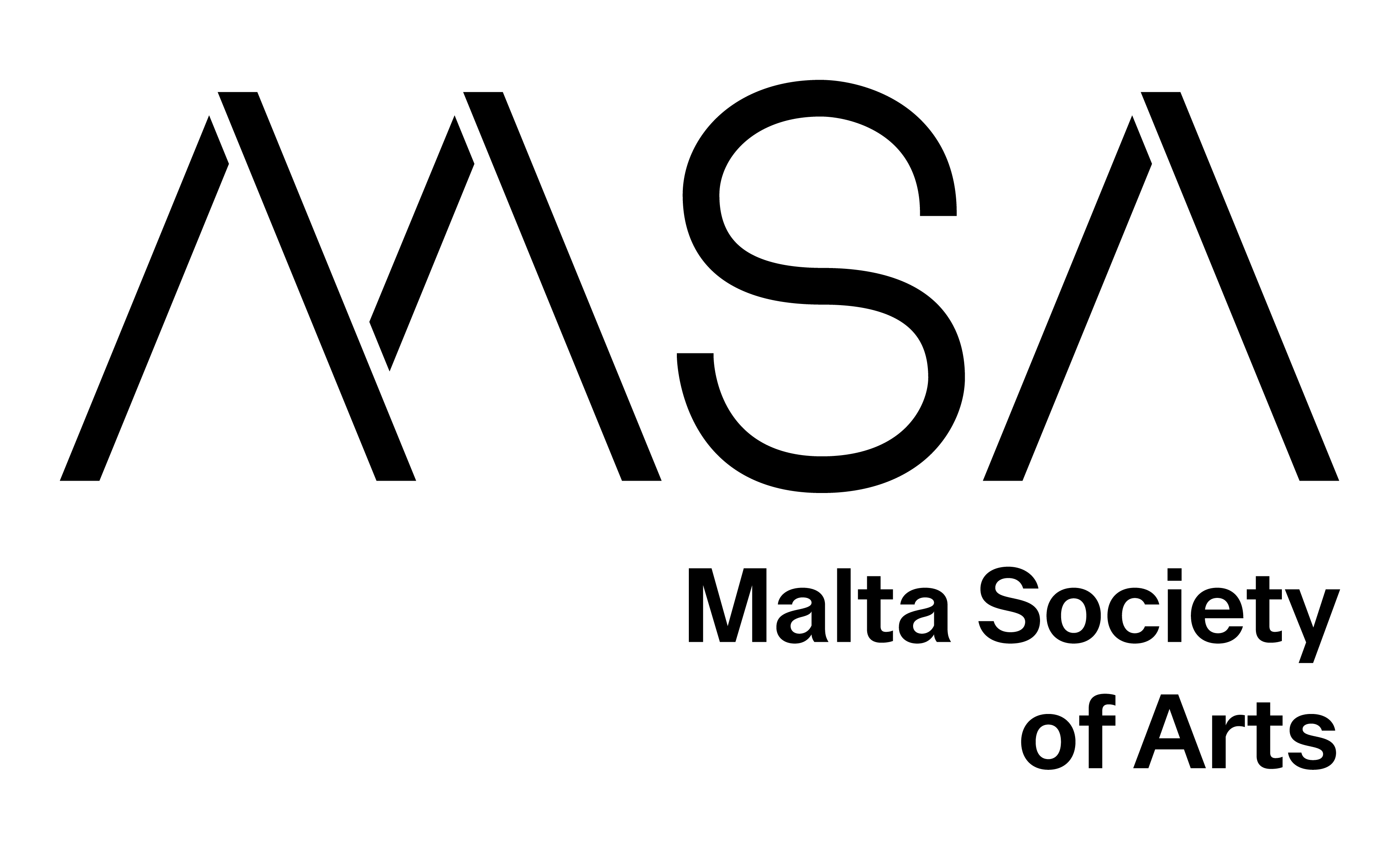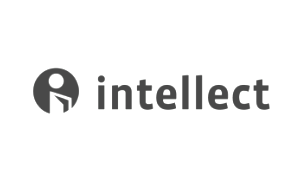Event Hours: 28/09/2023 (13:45)
Location: Concert Hall [H]
WhiteFeather Hunter, Jiabao Li, Lera Niemackl
Keywords: menstruation, biofeminism, biohacking, tissue engineering, speculative biotechnology
Menstrual fluid (known as menstrual ‘blood’) is an under-researched body material with rich potential for speculative exploration in bioart and biotechnological development. This material has recently been explored by bioartists and biodesigners, WhiteFeather Hunter, Jiabao Li and Lera Niemackl. We present, through what we call BioFeminist inquiries, individual projects by each artist that manipulate and utilize menstrual fluid as a medium for creative work via scientific methodologies. These projects include the explant and culture of tissue and cells found in menstrual fluid – towards stem cell characterization, genetic modification, immortalization, and differentiation. With little going to waste, the fluid that the cells and tissue are isolated from is also being used, for extraction of serum for tissue culture nutrient media and also for establishing the first stable menstrual blood proteome. These various biotech methods have supported the production of creative works (objects, photo, video, and olfactory art) that instigate critical discussion of the potential of menstrual fluid and who might retain or possibly co-opt its biopower, if instrumentalized. If society moves towards harvesting menstrual blood to potentially cure diseases or grow organoids for research, or even eventually grow organs for donation, what new body politics does this individual ‘superpower’ create? We are currently banned from abortion, in many instances. Will this superpower likewise be banned? Or, will menstruation be one more avenue for exploitation? Would the ability to access one’s own stem cells and grow tissues, even in the private sphere of the home, create advantages for menstruating people? Would this capability tilt the balance of power for menstruators within dominant science paradigms? These stem cells and serum have implications for regenerative medicine, if science can overcome the ‘ick’ factor associated with such a taboo body fluid. As artists and designers work with replenishable body materials, we propose navigating the biopolitics of stem cell research by considering additional notions of gender taboo through BioFeminism. We pose these questions to menstruators, as we pose them to ourselves: How do we feel about donating period blood for scientific research if it contributes towards building much-needed new knowledge? Would we feel comfortable with our genetic material being grown into tissue in a lab for implantation elsewhere, possibly patented for profit beyond our control? How do we discern what kinds of research are being done? As we will discuss, the DIY aspect of research and creation is important, to know exactly what is being done, by whom, how, and for what reasons. Following this discussion, we present a newly forming collaborative initiative between Hunter, Li and Niemackl: differentiation of the still under-explored menstrual stem cells into cell types that will form contractile and neuronal tissues. Spinning off of the recent discovery that snakes have two clitorises (despite previous descriptions by male scientists of them having none), we embrace the snake – symbol of the demonization of female sexuality – in an initiative to bioengineer human clitoral prosthetics. By exchanging various laboratory skills and experiences, we aim to 3D-bioprint differentiated menstrual-derived cells into contractile and neuronal clitoral-like tissue forms.
WhiteFeather Hunter
WhiteFeather Hunter is a multiple award-winning and internationally recognized Canadian artist and scholar. She is currently a PhD candidate in Biological Arts at the University of Western Australia, supported by a SSHRC Doctoral Fellowship, Australian Government International RTP Scholarship, and a UWA International Postgraduate Scholarship. Before commencing her PhD, WhiteFeather was a founding member and Principal Investigator of the Speculative Life BioLab at the Milieux Institute for Arts, Culture and Technology (Concordia University) from 2016-2019. WhiteFeather’s biotechnological art practice intersects TechnoFeminism, witchcraft, micro- and cellular biology with performance, new media, and craft. Recent presentations include at Ars Electronica, Art Laboratory Berlin, Academy of Applied Arts Vienna, Innovation Centre Iceland, Royal College of Art London, and in numerous North American institutions. WhiteFeather’s research into developing menstrual serum for tissue engineering was featured by Merck/ Sigma-Aldrich for International Day of Women and Girls in Science 2021 as part of their Next Great Impossible campaign.
Jiabao Li
Jiabao Li creates works addressing climate change, interspecies co-creation, humane technology,
and perceptions. In Jiabao’s TED Talk, she uncovered how technology mediates the way we
perceive reality. Jiabao is a Tenure Track Assistant Professor at The University of Texas at Austin.
Her lab explores the intersection of art, design, technology, and biology. She graduated from
Harvard GSD with Distinction and thesis award. Jiabao is the recipient of numerous awards,
including Forbes China 30 Under 30, iF Design Award, Falling Walls, NEA, STARTS Prize, Fast
Company, Core77, IDSA, A’ Design Award, Webby Award, Cannes World Film Festival Best VR
short Award. Her work has been exhibited internationally, at Venice Architecture Biennale, Ars
Electronica, Today Art Museum Biennial, SIGGRAPH, Milan and Dubai Design Week, ISEA,
Anchorage Museum, CHI, Museum of Design. Her work has been featured, Art Forum,
Business Insider, Bloomberg, Yahoo, TechCrunch, Domus, Harvard Political Review, The
National, Leonardo.
Lera Niemackl
Lera Niemackl is a biohacker and artist working with The Open Discovery Institute. Her academic background includes a BFA in Visual Art and a BA in Linguistics. Her knowledge of biology stems from her professional experience in agriculture farming mushrooms and through employment in the fungal biotechnology space. As an autodidact, Lera has developed a variety of techniques outside of traditional practice. Her contributions include but are not limited to: next-generation myco-materials, cultivation of novel fungi species, genetic engineering, and cell culture. Lera’s research projects have been funded by grants from Experiment, Artizen, and more, with three articles in progress. Lera’s work addresses boundary pushing in biology and prioritizes accessibility. Her focus lies in the idea that life can be an artistic medium. Through genetic engineering and environmental conditions, Lera searches for novel expressions in organisms and in herself. She is passionate about being open source with her techniques and simplifying protocols to maximize accessibility.







